A broker provides all of the necessary tools that you use to trade. Since you also deposit your capital in their system, choosing the right forex broker is one of the most crucial things when you just start trading in the forex market.
In this first part, we will discuss how to choose a brokerage firm, or what is commonly called 'forex broker'. There is so many brokers we could choose to trade forex. Keep in mind that choosing a broker is your right as a trader.
Each forex broker has its own advantages and disadvantages. Brokers usually limit the trading system you could use, set certain limits for deposits, determine the facilities you could use for deposit and withdrawal, as well as the speed and duration of deposit and withdrawal processing. They also differ from one another on what kind of spread they offer, whether it is fixed or floated, and how much.
There are brokers who provide non-swap accounts (Sharia accounts) and there are brokers who don't. If you are a Muslim, you may want to choose the non-swap one and seek a broker who provides it. But ultimately, choose a forex broker whose approach suits your taste and financial condition.

Regulated And Unregulated Forex Broker
One of the main things to consider is whether they are regulated or unregulated. Regulated means that they are registered in one or more broker regulatory agencies, and therefore abide by certain rules. Each country in the world may own their regulatory agency; some of them are:
- NFA/CFTC category of Futures Commission Merchant or FCM (USA)
- Financial Services Authority - FSA UK (United Kingdom) category of Non-EEA (Non-European Economic Area)
- FSA (European Union) category of Non-EEA
- ARIF/Polyreg (Swiss)
- Bappebti (Indonesia)
- Securities Commission/SC (Malaysia)
- IDA/BCAC/OSC/CSA/MFDA/Investment Industry Regulatory Organization of Canada - IIROC ( Canada )
- Australian Securities and Investment Commission/ASIC (Australia)
- Financial Services Agency/Japan Securities Dealers Association /SESC (Jepang)
- Monetary Authority of Singapore/MAS (Singapore)
- DGCX/DMCC/DFSA (UAE/Dubai)
- Securities and Futures Commission/SFC ( Hongkong )
- CSRC (China)
- FSC (Mauritius)
- CySEC (Cyprus)
- SEBI (India)
- Seychelles International Business Authority/SIBA (Seychelles)
- FSPR NZ (New Zealand)
- MiFID
Are Regulated Forex Brokers Really Secure?
Actually, they don't, there is no guarantee that a regulated forex broker is really secure. They could be safe now but not necessarily in the future. Cheating can happen even in a regulated broker, as the allegation of fraud experienced by FXCM. Regulated brokers too, could collapse and bankrupt as in the case of MF GLOBAL broker and Lehman brothers. Moreover, we should be aware that although our broker is regulated, our funds are still unsafe from loss and margin calls.
Warning for beginners
A beginner should be careful not to put a large number of funds at once. Place the funds in a small number first. Don't be affected by provocation and misleading advertising.
If you are still a beginner, confess that. Choose a forex broker that suits your finance. Try not to use borrowed money for the trading funds. If you absolutely don't have excess funds you could use, seek brokers who offer free funds, or follow demo account competitions held by brokers.

 Dedicated FREE FOREX VPS
Dedicated FREE FOREX VPS Free FOREX Virtual Private Server
Free FOREX Virtual Private Server MT4 Demo Contest, Get $500
MT4 Demo Contest, Get $500 Sign Up for an Account, Claim 60% Deposit Bonus
Sign Up for an Account, Claim 60% Deposit Bonus Free MT4/MT5 VPS 2024
Free MT4/MT5 VPS 2024 Send E-mail and Get Free Merchandise
Send E-mail and Get Free Merchandise $1K Refer a Friend Bonus for Pepperstone Pro clients
$1K Refer a Friend Bonus for Pepperstone Pro clients Maximize Your Earnings with 100% Deposit bonus
Maximize Your Earnings with 100% Deposit bonus Trade to Win, $5,000 Monthly Demo Contest
Trade to Win, $5,000 Monthly Demo Contest Claim 30% + 15% Deposit Bonus from LiteFinance
Claim 30% + 15% Deposit Bonus from LiteFinance

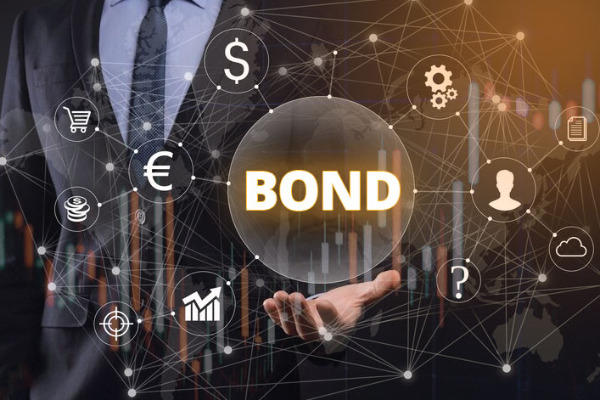

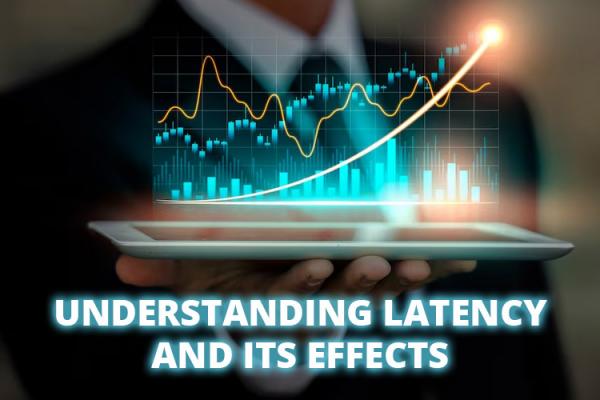
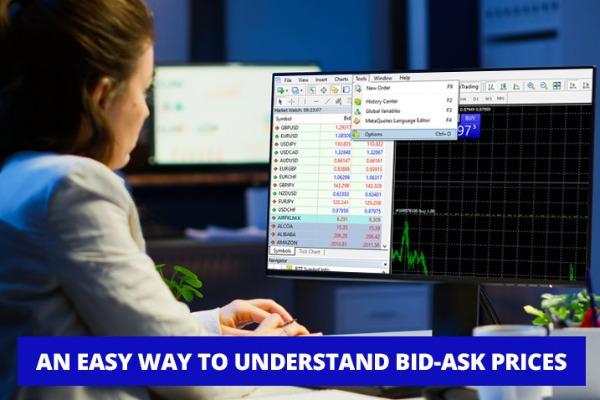
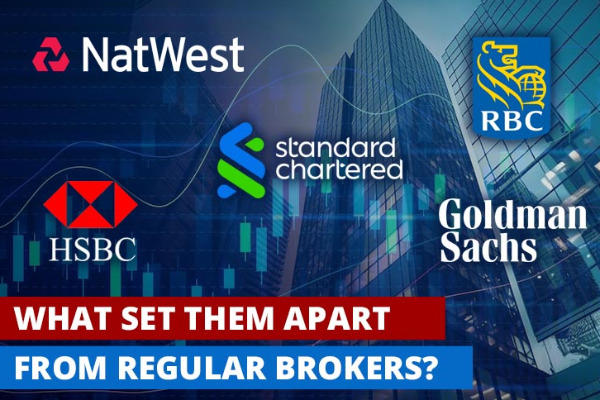
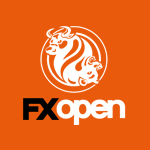
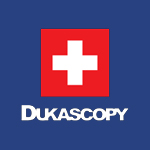
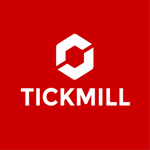

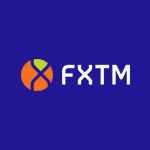

5 Comments
Timothy Douglas
Mar 21 2014
What do you think about the FBS broker? Is that good for beginners?
Gunner May
Mar 23 2014
I can recommend FBS for novice traders, apart from relatively easy access to deposits and withdrawals, the spreads are really low (as long as there is no trading on the news only). For beginners, try it just make a small deposit first when it's just right just increase it again.
James Marshall
Apr 2 2014
That's a good choice. Their minimum deposit is small. You can use it as live trading without losing much money.
Ariyanto
Oct 23 2022
You can choose brokers that suit your money and your financial plan. Judge from my experience, for the first time I will choose broker that have demo account for beginner, the second I will see broker regulation which is scam or not and last and most interesting part is the broker has some account or I say it contract that we can choose. Either cent, micro, or standard account. By the way, we must see the contract regulation they offer when we open account in there.
For beginner, I suggest to have cent account, up to micro when sound right. Utilize and make good strategy in demo account without fear of lossing, after that train your emotion in cent account!,
Hansi
Dec 8 2022
Aliyanto: Don't forget to check your broker's regulations and their capabilities, higher leverage allows you to open more positions. Spreads and commissions, on the other hand, how much the broker's commissions that you have to pay as a trader. Or how much spread. Are they zero spread, fixed spread? Without mentioning everything, you should also check the broker's slippage policy, whether auto-trading is supported, whether hedging and scalping is allowed, and how fast trades are executed with these brokers. After all, choosing a broker is like choosing a trading soulmate. Chao!